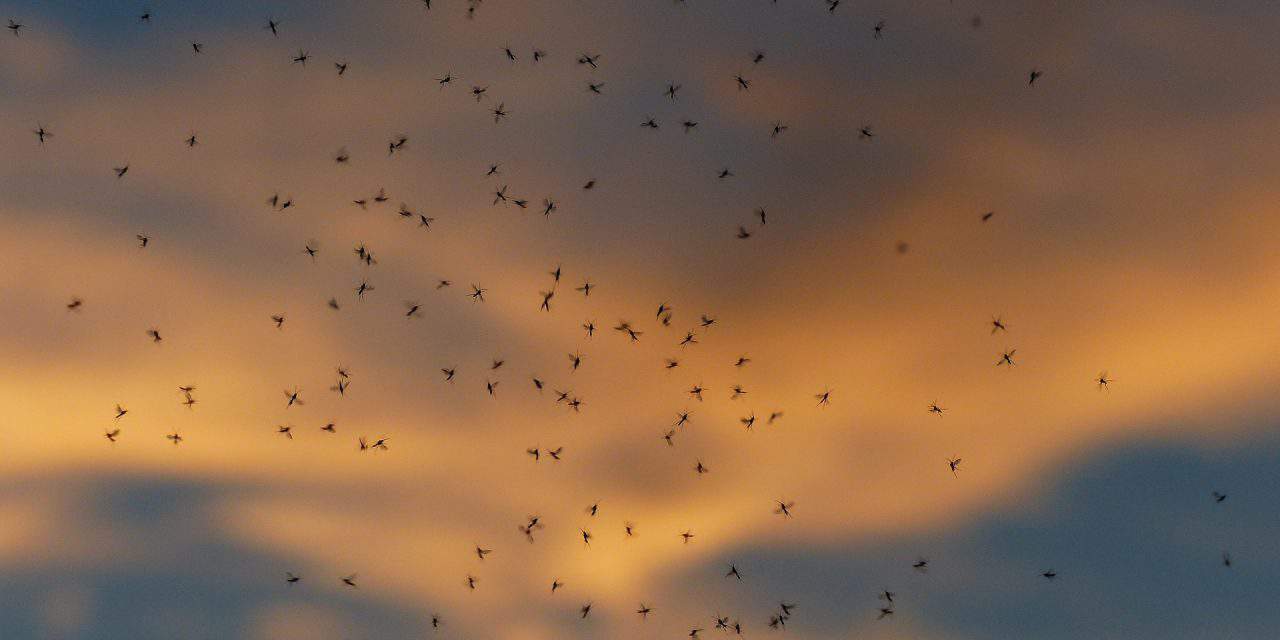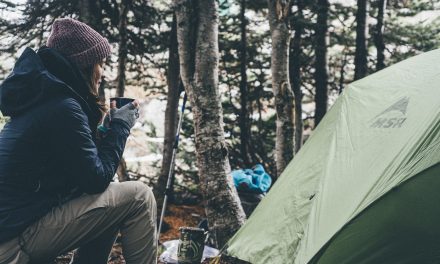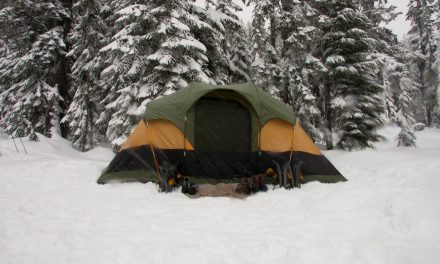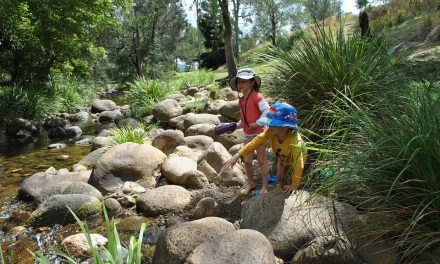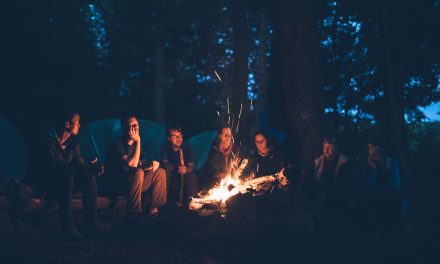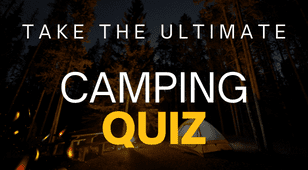Glamping or camping is a perfect way to escape the stresses and troubles of modern life. It’s quite something – no doubt about that. A secluded hideaway is unbeatable for families and workgroups.
But as with every cute little fairy tale, there’s always a set of antagonists – in this case, the mosquitoes. These little guys have the potential to break an adventure that was in the making. In addition to being noisy and annoying, these itty bitty creatures also bite as they suck in blood for survival. And as you’d probably guess, a mosquito bite comes with the possibility of contracting malaria, dengue fever, Barmah Forest virus, or Ross River virus.
Fortunately, there are several ways to avoid getting bitten by mosquitoes when you’re out camping in the woods. From neat hacks like avoiding perfumes in campsites, to using mosquito repellants and bracelets, we’ll show you how to have a buzz-free (and bite-free) night while camping or adventuring.
How To Keep Mosquitoes Away When Camping
Know Your Destination
Planning ahead and doing some homework on where you’ll spend while camping or backpacking should be top of the list during preparation. It’s, of course, one of the things you need to know before you go backpacking or camping.
And you better get it right.
Some areas have higher levels of mosquito infestations. Campsites with lots of stagnant water, mangroves, tidal creeks, waterholes, and wetlands are mosquito havens. Still, you don’t have to shy away from camping in such areas if that’s where you plan to go. Just ensure you are prepared adequately by keeping away from overgrown grass, dense bushes, and areas without significant air movement.
Get The Right Gear
However much you try to avoid mosquito-infested areas, you’ll undoubtedly have the company of a few around the campsite. So, you can’t underestimate the importance of camping gear when it comes to keeping mosquitoes at bay. A good tent will reliably provide a reliable escape from the bugs. Notably, go for a tent that zips. But if your shelter doesn’t come with any add-ons, then you’ll probably suffocate in there.
What about the idea of considering a tent with some screening? That’s pretty perfect as you will enjoy sufficient air circulation. Alternatively, a hammock is a perfect shelter, but you will need a mosquito net to keep the insects at bay during the night.
Protective Clothing
“Do mosquitoes also bite during the day?” That’s a common question on the lips of people who do not know a lot about mozzies. Yes, they do. Even worse, if your blood group is O – they will be scrambling to eat you alive. They are more rampant during the night, at dawn, and dusk.
Since you won’t stay in your tent throughout the expedition, your clothing becomes your next line of defense. Consider dressing in clothes with maximum coverage. You can opt for anything long sleeves and pants. Clothing materials with mosquito repellants are also excellent. And don’t forget a head net when backpacking in an area highly infested with mosquitoes.
Don’t Wear Perfumes
Mosquitoes find some people naturally more irresistible – that’s genetics. However, some people attract mosquitoes by the colognes or deodorants that they wear. Avoid colognes, deodorants, soaps, shampoos, hair care products, body sprays, aftershaves, and perfumes with floral scents or lactic acid. They arouse mosquitoes.
Learn to carry along unscented hair care and skin products. It is also essential to avoid alcoholic beverages.
Don’t Exercise At Dawn Or Dusk.
The essence of this protective measure is that exercising elevates both your metabolic rate and temperature. The lactic acid that necessitates sweating is also a product of exercising.
There’s no better way to attract mosquitoes than a combination of high body temperatures and secretion of lactic acid. And we all know that mosquitoes are most active at dusk and the entire night through to dawn. You will typically be a mosquito magnet.
Stay hydrated, and try as much as possible that you don’t sweat.
Make A Campfire
Is there a campsite without a campfire? Campfires are synonymous with camping, except on infrequent occasions.
Interestingly, campfires help to keep mosquitoes and other bugs away, thanks to the smoke and heat that emanate from them. A citronella candle also comes with a similar repellant effect, but that’s because of the pungent smell.
However, little torches do not have a similar effect. Instead, the light from torches and spotlights attracts mosquitoes and other bugs. Watch out when using them.
Mosquito Repellants
Think about arming yourself with a traditional mosquito repellant – this is now standard practice and arguably one of the most reliable ways to keep insects away when camping.
They come in the form of creams or sprays and often contain DEET – an ingredient that is a reliable bug repellant. The best mosquito repellants are waterproof. When using sprays, ensure that you spray on your clothes and not directly on the skin.
Use Bracelets
Conventional mosquito repellants pose one threat – allergic reactions. If that worries you, then a bracelet becomes a perfect option. Interestingly, you can either fasten them on your wrist or any object nearby.
They work by emitting chemicals into the air. These unique bracelets are a perfect mosquito repellant option for kids and adults with sensitive skin.
Mosquito Coils And Diffusers
The market now has a range of diffusers which emit metofluthrin, a pesticide that repels mosquitoes and a variety of bugs. They got a long life span which can keep the bugs off for several hours. Diffusers have fans that help to disseminate the chemical around your sleeping or camping area. One of these should be enough for an entire night.
On the other hand, coils are fused with pyrethrum which emits smoke laced with a powerful scent that repels mosquitoes.
The Final Bug
Mosquitoes are a nuisance at home and campsites. However, this article highlights the best ways to avoid getting bitten by mosquitoes when camping. Pick these tips and head to the wilderness for an enjoyable outing.
- Hammock Benefits: What The Tent Industry Doesn’t Want You Knowing - November 19, 2022
- How I Maintain My Hygiene When Camping - November 19, 2022
- How to Survive a Meet & Greet with a Bear - November 18, 2022

